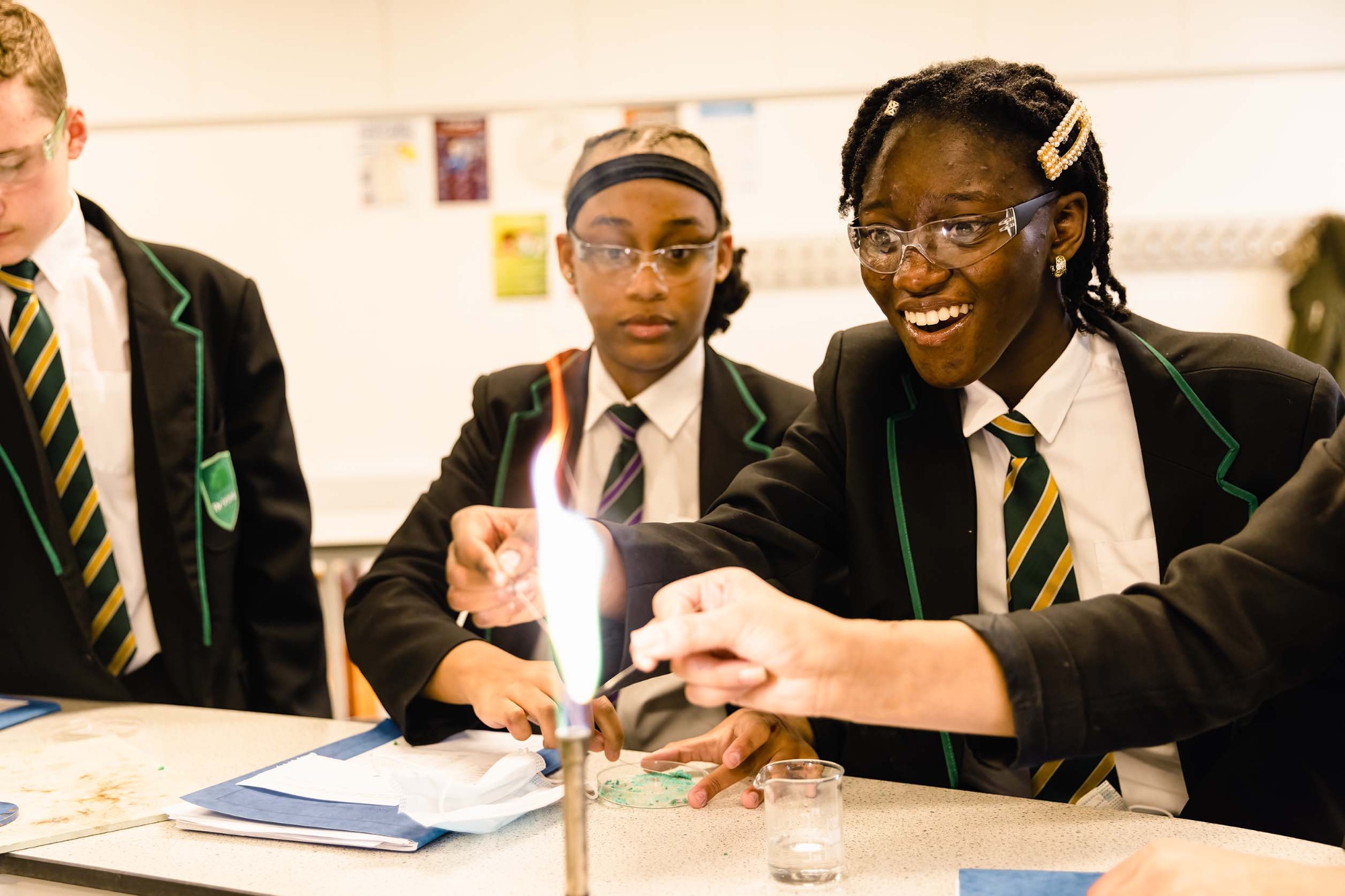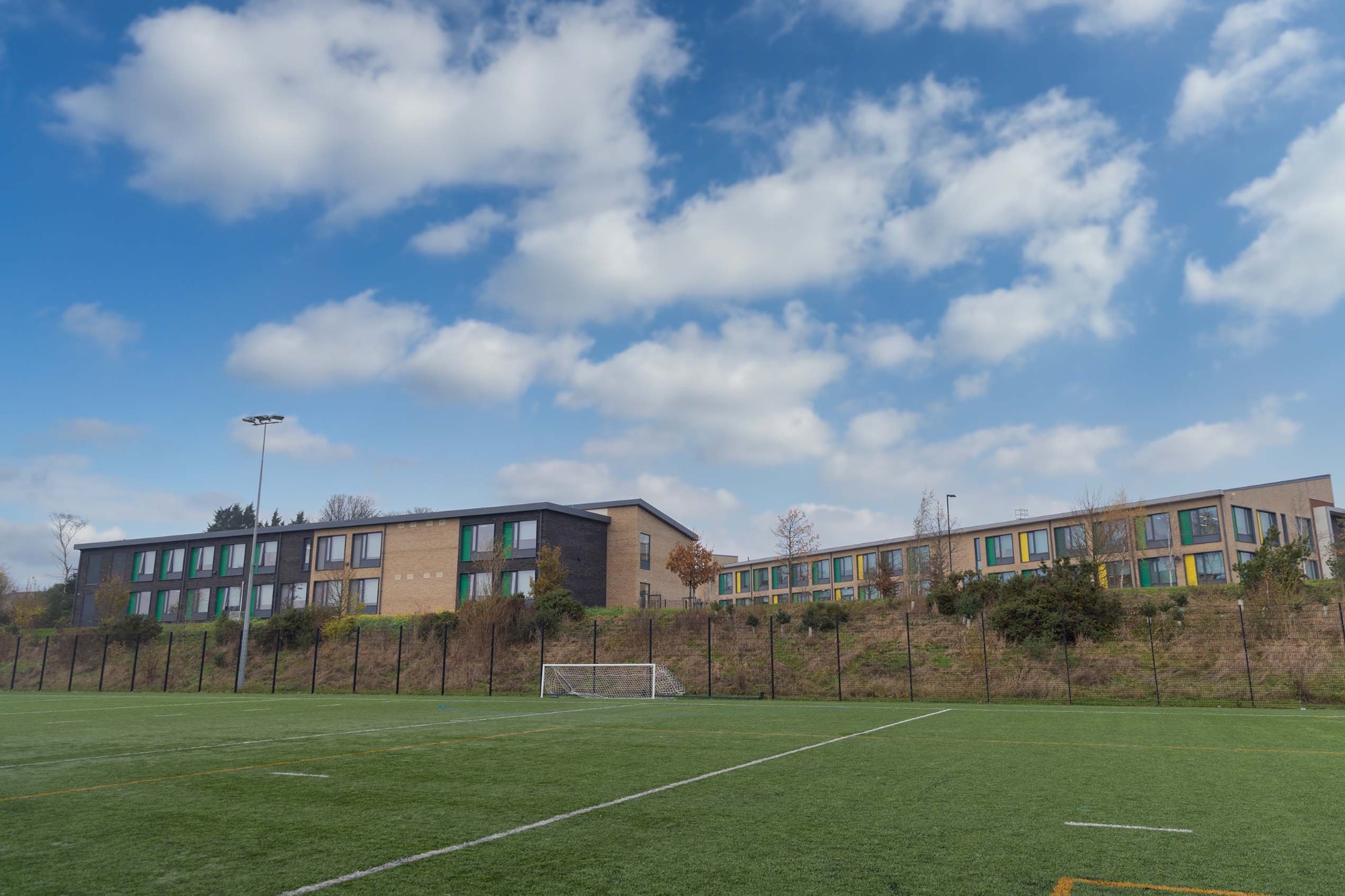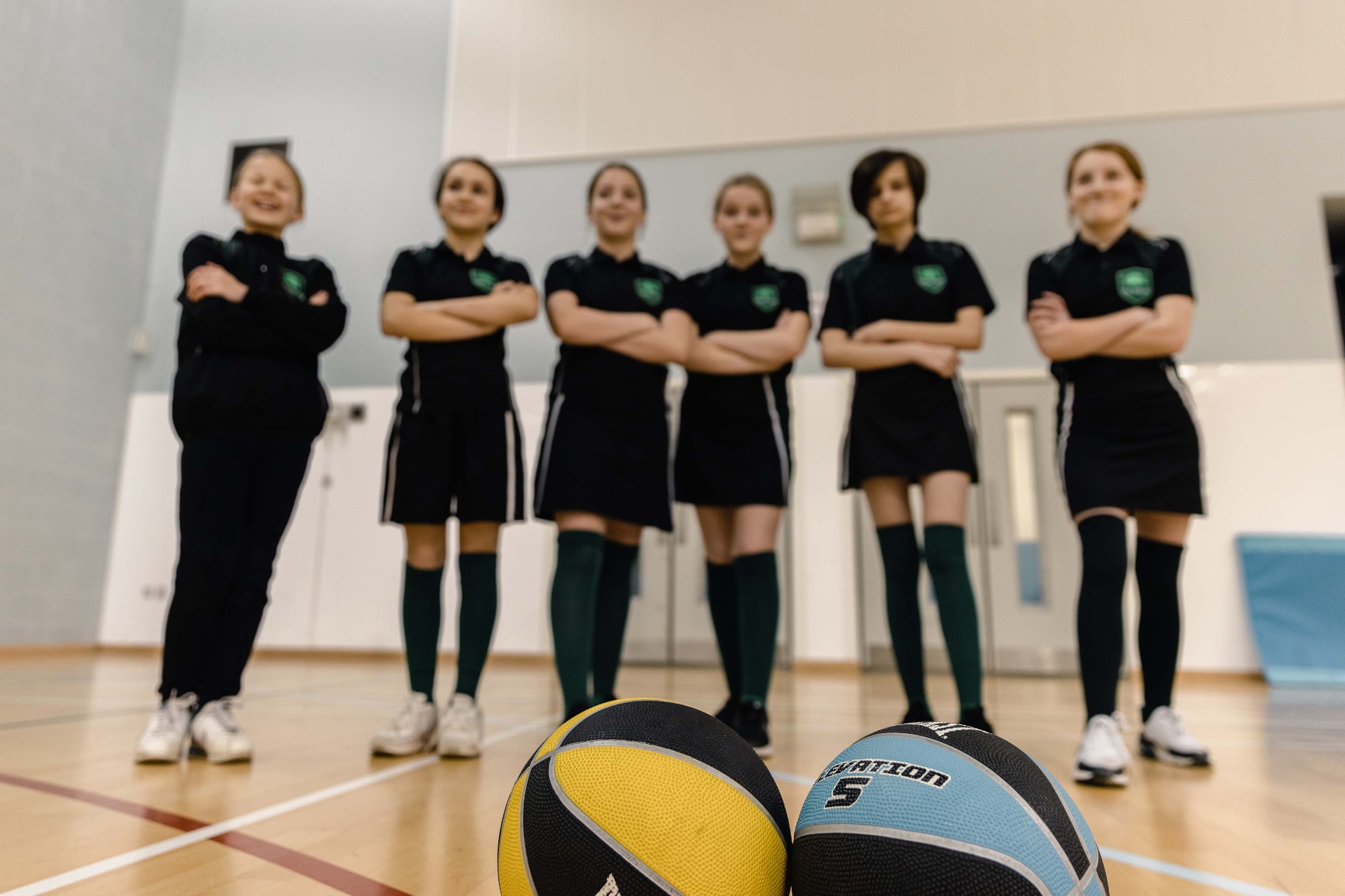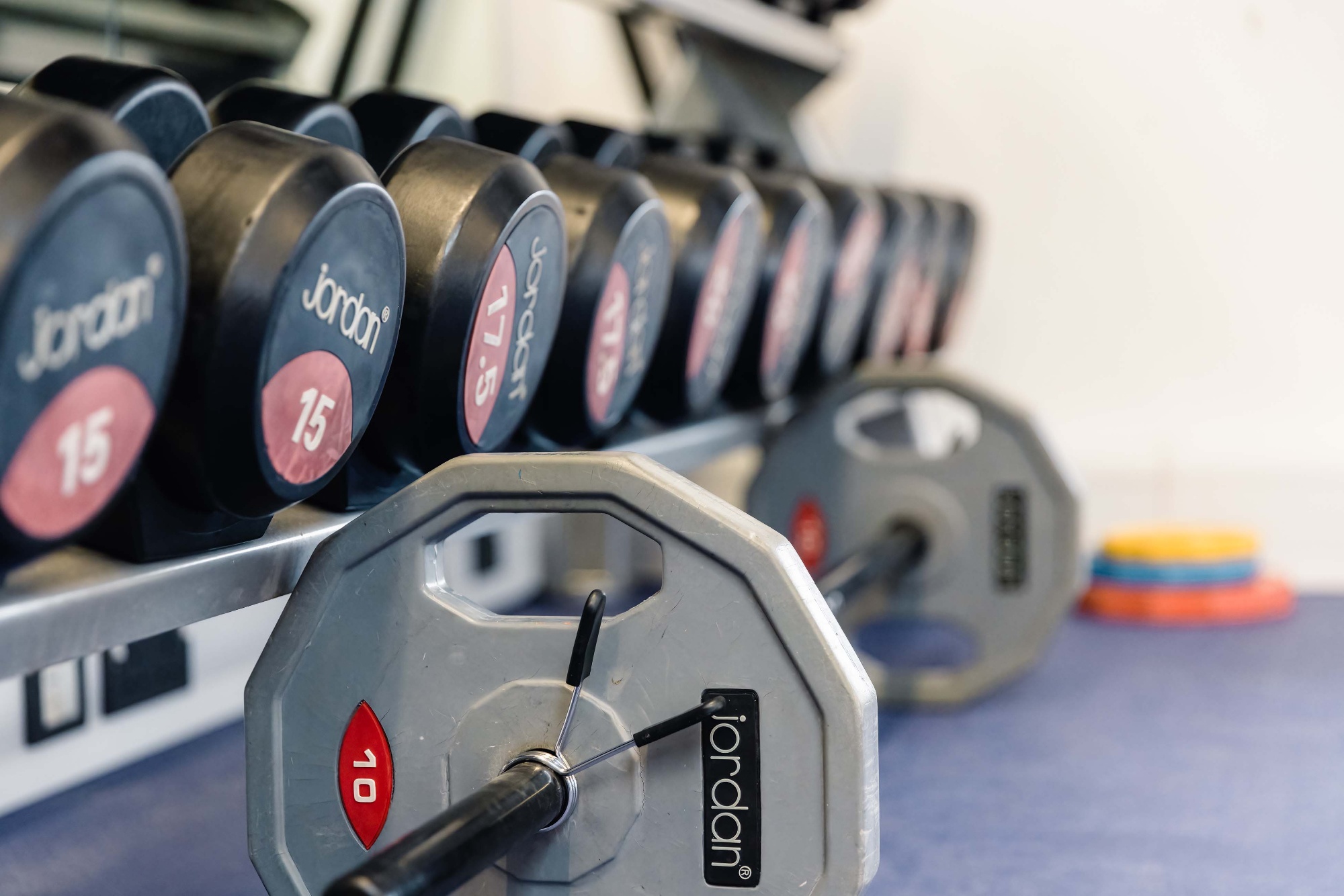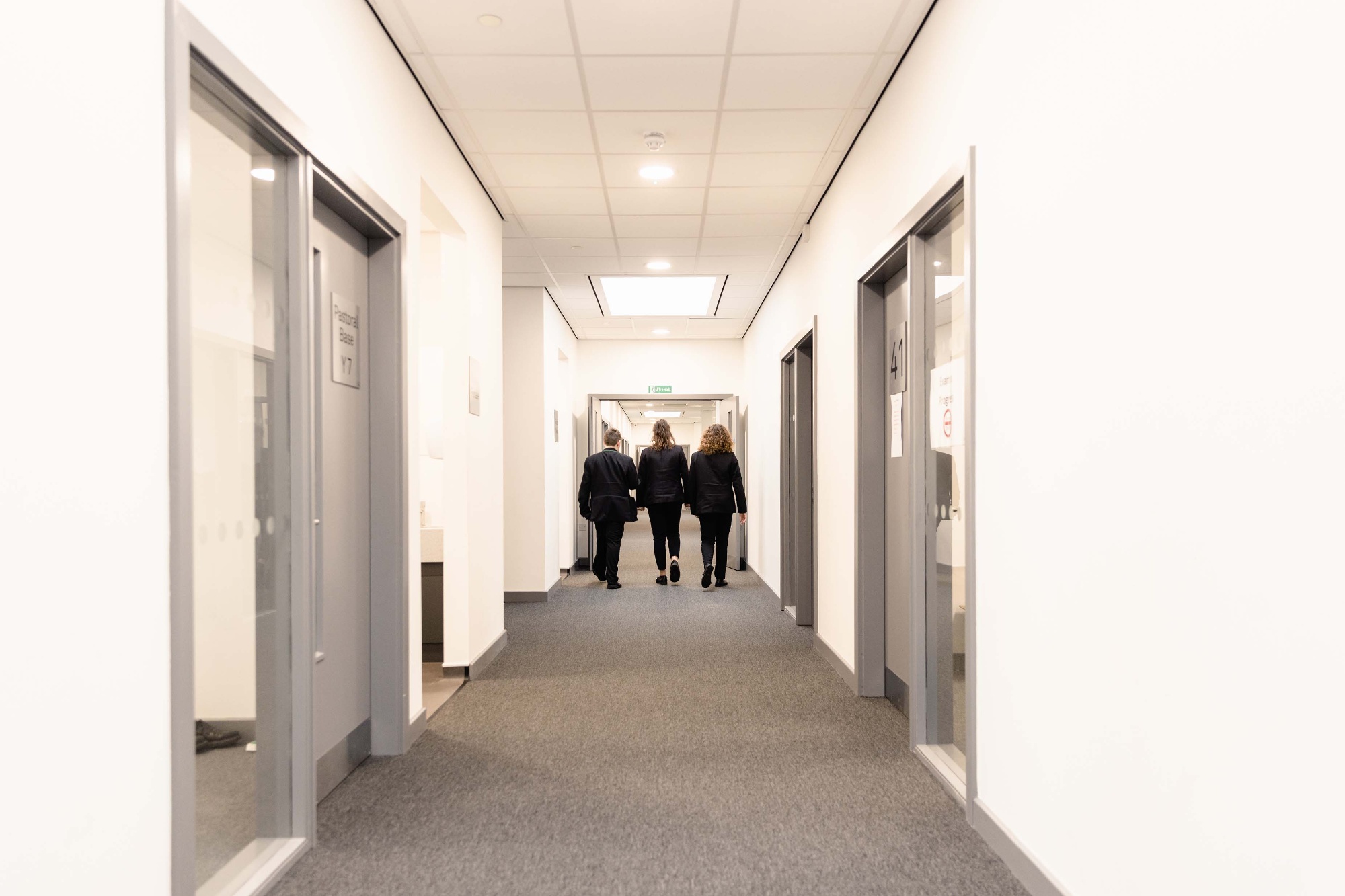.
A knowledge rich curriculum for lifelong academic, social and personal achievement
The underpinning aims of our curriculum are to empower pupils to consistently develop the three areas of achievement as outlined in the ensuring excellence document.
- Achievement – Academic
- Achievement – Personal
- Achievement – Social
To create:
- Successful learners who enjoy learning, understand how to learn, make good progress and achieve excellence.
- Confident individuals who are able to live safe, healthy and fulfilling lives.
- Responsible citizens who can make a positive contribution to society, with a global awareness.
- Individuals who can develop strong and secure relationships.
The curriculum is ambitious providing breadth and balance. It is designed to provide all pupils particularly disadvantaged pupils and those with SEND, the knowledge and cultural capital they need to succeed in life. This will include the development of a love for reading and confidence in the use of powerful language and vocabulary. Our curriculum develops character and in particular supports all children including those with particular mental health and wellbeing needs. Our curriculum is coherently planned and sequenced so that all pupils build sufficient knowledge and skills for future learning. The curriculum will be enhanced with planed and appropriately sequenced educational visits/experiences, extra-curricular activities and careers opportunities to ensure pupils are ready for the next steps in their educational journey.
The 5 key expectations for our Curriculum:
- We deliver the national curriculum or can demonstrate that our curriculum is of similar breadth/ambition in each subject.
- Our curriculum remains as broad as possible for as long as possible.
- We have ensured that the curriculum contains content that has been identified as most useful, and taught in a logical and sequenced progression.
- We ensure pupils can remember and/or retrieve the curriculum content long term.
- We are clear about what we want pupils to learn and why. We can demonstrate how this is put in to practice in our curriculum planning.
Monitoring and Evaluation:
Monitoring and evaluation of curriculum planning, implementation and impact is carried out in line with the school’s Monitoring and Evaluation Schedule and takes the form of subject reviews, learning walks, lesson drop ins, student, staff and leader interviews. The curriculum delivered in each subject will be reviewed annually by Heads of Department and Subject leaders to ensure the sequence of delivery allows pupils to build on their knowledge and that pupils are sufficiently stretched and challenged. The curriculum hours and subjects offered will be analysed by the senior leadership team and governors on an annual basis.
Curriculum Organisation
At the Telford Langley School we believe that a well-structured and carefully planned, sequenced curriculum alongside high quality teaching is the foundation upon which our student’s achievement is built. Heads of Department and Subject Leaders, who are experts in their subjects, carefully construct a curriculum that promotes a deep understanding of a wide range of topics which are clearly built upon prior learning within our school and the Key Stage 2 curriculum. Teachers plan learning that allows pupils to embed and recall knowledge through techniques such as interleaving of topics and spaced retrieval practice. This builds firm foundations for progression and achievement.
Years 7, 8 and 9
In Years 7, 8 and 9 the curriculum is broad and thoroughly grounded in the National Curriculum. The curriculum is broken down within each subject area into topic areas in which the core knowledge is explicitly identified to ensure that students are developing a deeper understanding. There are many opportunities built into lessons to make explicit links to previous learning through retrieval activities and set current learning into context so that knowledge becomes embedded.
The Pathways Process
In Year 9, students go through an pathways process which allows them to choose subjects to study in greater depth as well as continue to study English Language, English Literature, Mathematics and Science. As a school we adopt a student led approach to the pathway process with subject blocks being developed based on students’ choices. Students are supported through the options process by their Tutors, assemblies, and an open evening for parents/carers. Students in Year 10 are also able to move between subjects within first part of the Autumn term thereby ensuring that they are satisfied with their pathway choices.
Copies of the Pathways can found below;
Years 10 and 11
The pathways are tailored to the needs of the students including through the curriculum time allocated to core subjects. In addition to this, students are able to personalise their curriculum within the pathway through the choice of subjects, and the balance between academic GCSE courses, GCSE courses with practical elements and a range of vocational courses. Each student is allocated to a recommended pathway which we believe will maximise their achievement and help them to reach their absolute potential. The recommended pathway is reviewed on an individual basis taking into account feedback from each student’s Tutor as well as the Head of Year and our English, Maths, Science and Languages departments, as well as a student’s prior attainment at the End of Key Stage 2 and progress within our school. Students and parents are invited to contribute to the decision of the recommended pathways.
The range of subjects and types of courses on offer is designed to give as wide a range of opportunities as possible and equality of access to each subject area. The pathways are designed so that they will allow a student to maximise their achievement and so give them the opportunity to progress onto any further study from any pathway.
Copies of KS4 qualifications can be found below;
Five Year Curriculum Model
As previously outlined our curriculum is carefully sequenced to enable learning to be built upon prior knowledge from the previous year and Key Stage.
| Year | Key Curriculum Points |
|---|---|
|
7 |
A broad and balanced curriculum which builds upon the knowledge embedded from Key Stages 1 and 2. National curriculum delivered with some curriculum adaptations to meet specific high-level needs. All students regardless of reading age engaged in the Accelerated Reader Programme. Students taught in ability groups for Core and all subjects. Setting is reviewed throughout the year at the end of each term. |
|
8 |
A broad and balanced curriculum which builds upon the knowledge embedded from Year 7 as well as Key Stages 1 and 2. National curriculum delivered with some curriculum adaptations to meet specific high-level needs. All students regardless of reading age engaged in the Accelerated Reader Programme. Students taught in ability groups for Core and all subjects. Setting is reviewed throughout the year at the end of each term. |
|
9 |
A broad and balanced curriculum which builds upon the knowledge embedded. National curriculum delivered with some curriculum adaptations to meet specific high-level needs. Students taught in ability groups for Core and all subjects. Setting is reviewed throughout the year at the end of each term. |
|
10 |
All Level 2 formal courses begin. Students continue to study English Language, English Literature, Mathematics, Science as well as up to three options. Work experience provided for one full school week. Students are taught in ability banded groups within their allocated pathway for English, Mathematics and Science. Options subjects are taught in mixed ability groups although, where multiple classes of the same subject appear in an option block, departments can group students in the way that they feel would benefit their subject and student achievement. |
|
11 |
Students continue to study English Language, English Literature, Mathematics and Science as well as up to four options. Careers interviews for CIAG this year. Students are taught in ability banded groups within their allocated pathway for English, Mathematics and Science. Options subjects are taught in mixed ability groups although, where multiple classes of the same subject appear in an option block, departments can group students in the way that they feel would benefit their subject and student achievement. |
Time Allocations
We operate a two-week timetable giving a total of 50 periods of subject teaching plus 20 minutes per day for tutor activities (see below), reading and assemblies.
| Year 7-9 | |||
|---|---|---|---|
| Subject | Year 7 | Year 8 | Year 9 |
| Maths | 8 | 8 | 8 |
| English | 8 | 8 | 8 |
| Science | 8 | 8 | 8 |
| RSHE | 2 | 2 | 2 |
| PE | 3 | 3 | 3 |
| MFL | 3 | 3 | 3 |
| Geography | 3 | 3 | 3 |
| History | 3 | 3 | 3 |
| RS (in rotation with DT) | 1 | 1 | 1 |
| DT (in rotation with RS) | 3 | 3 | 3 |
| Computing | 2 | 2 | 2 |
| Art | 2 | 2 | 2 |
| Performing Arts (inc Music) | 2 | 2 | 2 |
| Reading | 2 | 2 | 2 |
| Years 10 & 11 | ||
|---|---|---|
| Subject | Year 10 | Year 11 |
| Maths | 9 | 8 |
| English | 9 | 8 |
| Science | 9 | 8 |
| RSHE | 2 | 2 |
| PE | 5 | 3 |
| RS | 1 | 1 |
| Option A | 5 | 5 |
| Option B | 5 | 5 |
| Option C | 5 | 5 |
| Option D | 5 | |
Literacy and Numeracy
We recognise that ensuring that pupils are literate and numerate is fundamental in enabling them to flourish, thrive and access the next stage of their education, employment, or training. The development of pupil language and oracy is a key part of our curriculum as we understand how vital it is for our students to build confidence in communication skills not only for their time in school but also to prepare them for working life and for making a difference in society. Students have opportunities to discuss, challenge and build on other points of view and to develop their formality of language to ensure they have the confidence to speak to different audiences. Tier two and Tier three vocabulary is a key part of the curriculum planning which is undertaken by our Heads of Department and Subject Leaders. Reading age testing of our students suggests that a significant proportion of our students on intake have reading ages below their chronological age and so the Accelerated Reader scheme and Corrective Reading sessions are built into our curriculum. All pupils in Y7-Y9 have designated reading lessons.
Numeracy skills are embedded within the curriculum. Pupils who arrive with below expected maths skills are quickly caught up through expert teaching as well as targeted numeracy skills as part of their maths lessons. A Corrective Numeracy Programme is also delivered by the school to support students with specific areas of maths where this is appropriate.
Programmes Used
Accelerated Reader – https://www.renaissance.com/products/accelerated-reader/
Corrective Reader – https://www.mheducation.co.uk/schools/secondary/direct-instruction/corrective-reading
Corrective Numeracy - https://www.mheducation.co.uk/schools/secondary/direct-instruction/corrective-mathematics
Futures
We intend an impact of our curriculum to be that we develop our students for later life including the workplace. Our curriculum is regularly reviewed against reports such as the Nesta/Pearson “The Future of Skills” and the Business in the Community Essential Skills Campaign to ensure that we are meeting, as far as well as are able to predict, the future needs of our students. Careers Independent Advice and Guidance (CIAG) is received by students in Year 7 through to Year 11.
We are supported by Telford and Wrekin’s Future Focus programme who coordinates a number of programmes and initiatives including careers sessions, a careers fair, work experience (Year 10) and external speakers. Students in any year can request a careers interview and students in Year 11 and Year are allocated an interview automatically. Our careers programme is regularly assessed against the Gatsby benchmarks.
Threshold concepts
Threshold Concept Guidance Booklets
Each subject has identified the key concepts in their subjects for each term as well as ways that pupils can be helped to establish these concepts.
Autumn Term
Y7 Autumn Term Threshold Concepts and signposted support
Y8 Autumn Term Threshold Concepts and signposted support
Y9 Autumn Term Threshold Concepts and signposted support
Y10 Autumn Term Threshold Concepts and signposted support
Spring Term
Y7 Spring Term Threshold Concepts and signposted support
Y8 Spring Term Threshold Concepts and signposted support
Y9 Spring Term Threshold Concepts and signposted support
Y10 Spring Term Threshold Concepts and signposted support
Summer Term
Y7 Summer Term Threshold Concepts and signposted support
Y8 Summer Term Threshold Concepts and signposted support
Y9 Summer Term Threshold Concepts and signposted support
Enrichment activities (extra-curricular clubs)
The Telford Langley School Curriculum POlicy 2023-24

